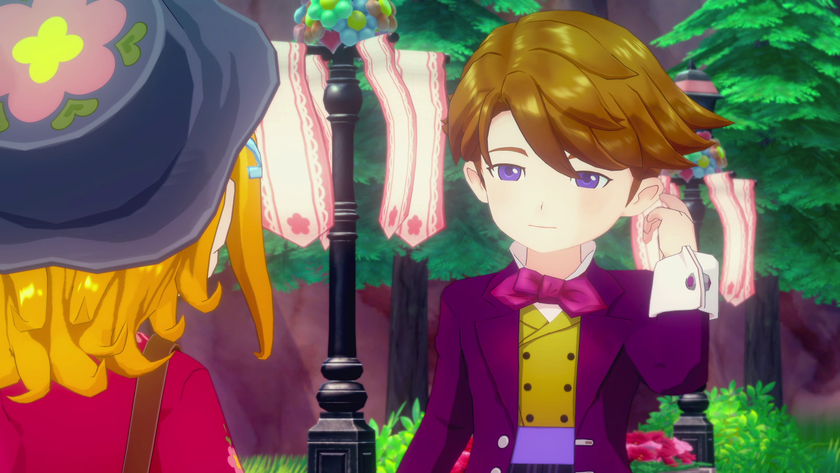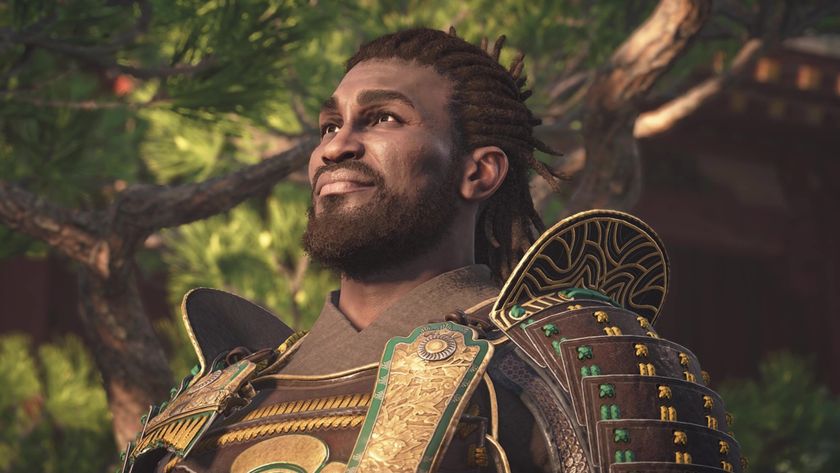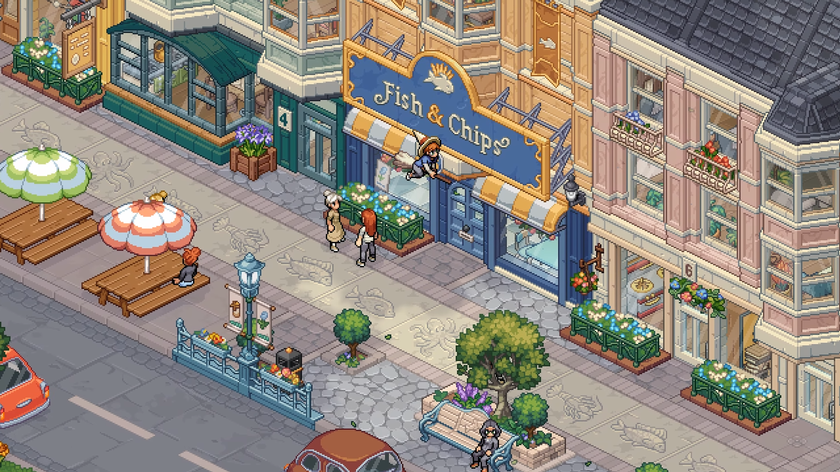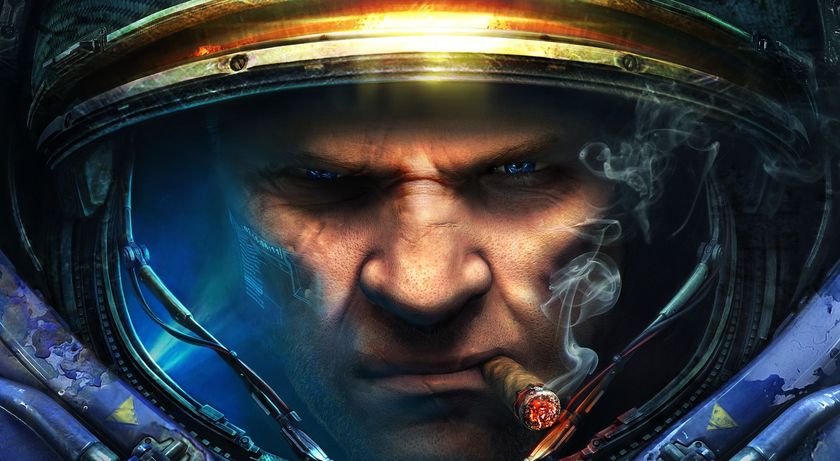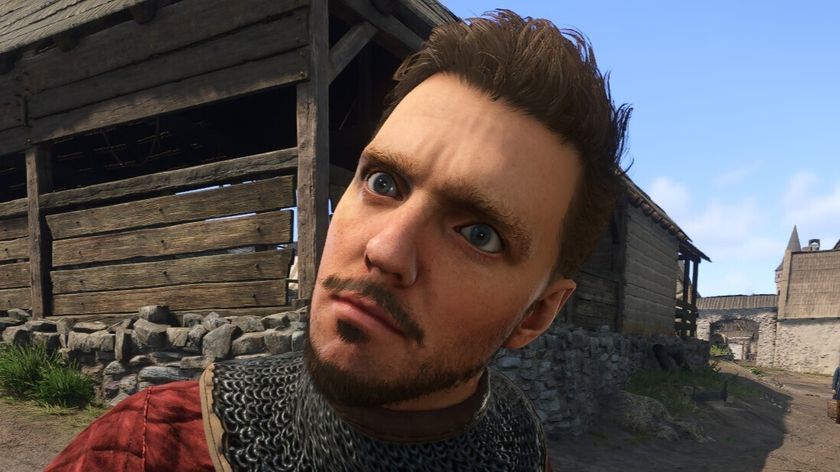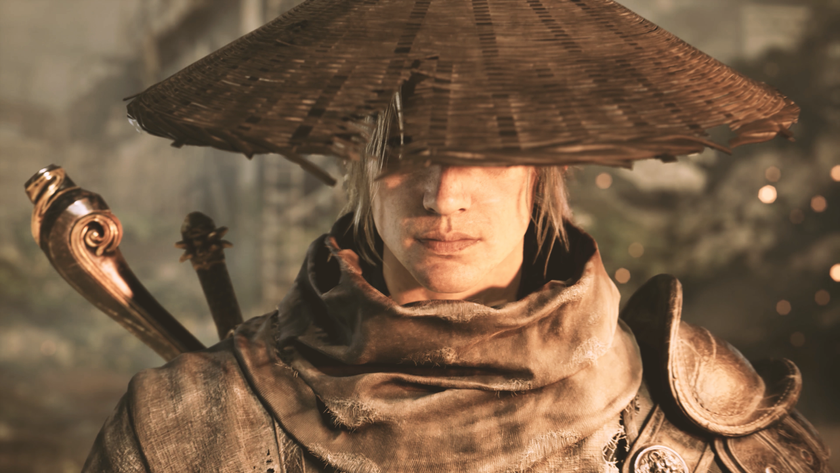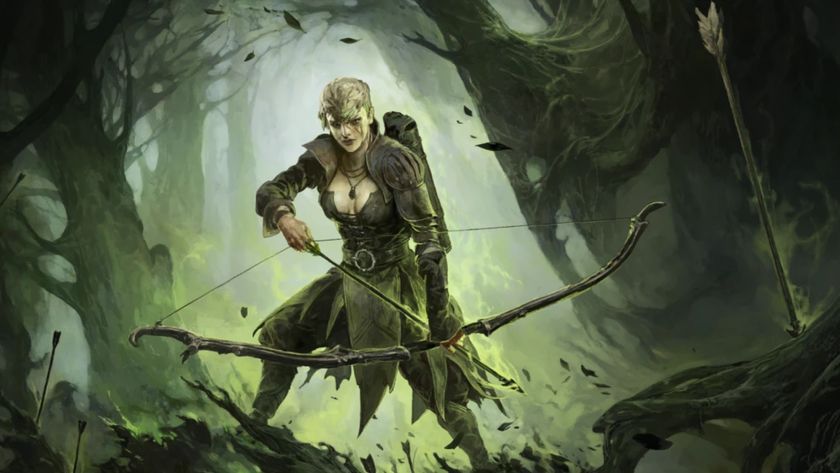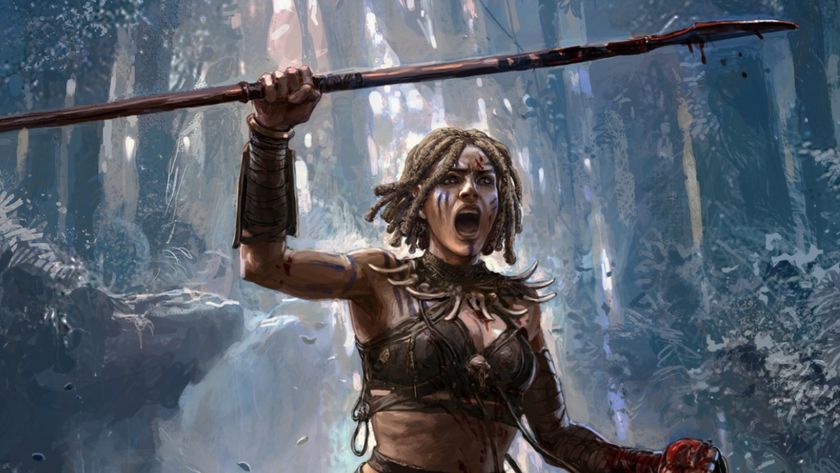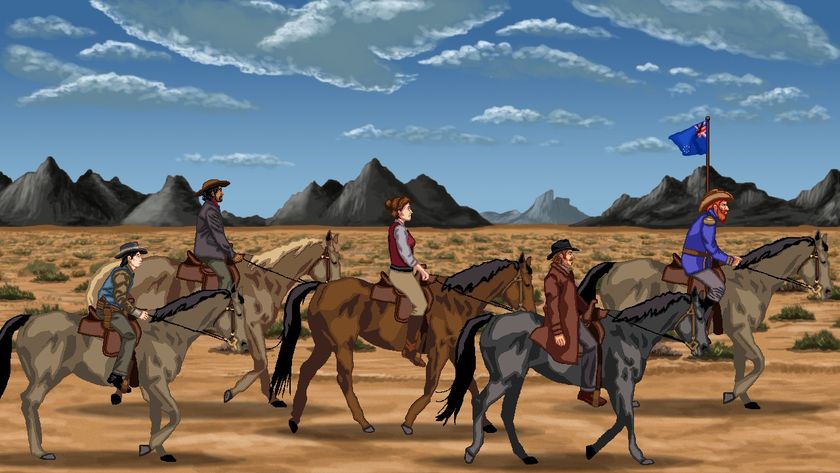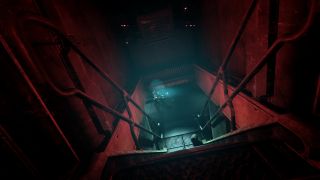
Last week, I talked to Amnesia: The Dark Descent and SOMA designer Thomas Grip about how Resident Evil influenced the way he designs video games. He told me that the first time he saw Resident Evil, he never realized games could be made in such a way and that every horror game he's worked on has been influenced by Capcom's seminal horror series.
But our conversation left me with some questions. I wanted to know what he thought the future of horror games held, so over the past week, we talked about what the "Exorcist of video games" looks like and how Frictional Games plans to pursue the telling of innovative stories.
Mat: How do you feel about the future of horror in video games? Do you feel like it's something that could go away at some point, much like how fighting games went out of vogue for a while?
My hope is then that the horror will go away from hunted-by-monster scenarios
Grip: Them going away seems extremely unlikely given that horror is a genre that has basically been around since humans first developed language. As for the future, I think that what we will be seeing a lot more of is horror simulators—games that put more effort into making the core mechanics about horror. As much as I love the first Resident Evil, for the most part, the game has the horror as a sort of thematic layer. At its core, Resident Evil is not about horror—it is about collecting ammo, shooting enemies, and solving puzzles. The horror aspects are just a wrapping on that. Compare that to a game like Alien: Isolation, where the game is really all about avoiding being eaten by the Alien creature. It feels like [Resident Evil 7] is going more in that direction as well. It is the sort of horror design I find the most intriguing and also the one that I think has the biggest impact on an audience. My hope is then that the horror will go away from hunted-by-monster scenarios and try to recreate other types of horror in a playable fashion. For instance, it would be interesting to figure out what the video game version of The Exorcist is.
That's a very interesting idea. As for some of the more popular horror games in recent years, it's hard to think of one where you're not hiding from, shooting at, or being chased by someone or something. What do you think something like The Exorcist looks like in video game form?
Grip: In terms of horror not about escaping from monsters, that was what we tried to dabble with a bit in SOMA. We did add monsters there, so it is obviously not a pure example, but we feel we at least learned from valuable lessons. And the idea is that we continue along that path, so it is totally something we want to explore.
The Exorcist of video games, however? Very hard to say. For one, I think you need to find some interesting play around the idea; for instance, wrapping it all as a sort of detective/mystery narrative. I don't think it needs to be The Exorcist either, just used that as an example where the monster/horror is handled differently compared to a movie like The Texas Chainsaw Massacre or similar.
The biggest gaming news, reviews and hardware deals
Keep up to date with the most important stories and the best deals, as picked by the PC Gamer team.
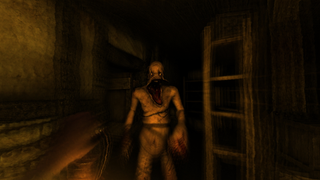
I guess being a video game limits you in some ways that movies don't. Do you feel that's true or is the more the other way around?
Grip: It goes both ways. Video games can do certain things that movies cannot, and vice versa. It is just that we are so used to seeing our stories in movie form; plus, movies have refined the storytelling process over a long time, and so we tend to consider movies as more versatile. But games also have a wide range of stories that they can tell, and many of them would be very hard to make into movies. For instance, games are very good at using real time—the time it actually takes to do certain things and having that as an engaging element in the story. But in movies that gets boring fast and you have to cut.
As an example, in a horror game you can have the protagonist conducting a long investigation of a place and really have the audience get the mystery piece-by-piece at their own pace. In movies, this is really hard to do and longer investigations often have to be juxtaposed with something else in order to keep the engagement up. So games have the upper-hand in a lot of storytelling situations.
Do you feel that actually being able to interact with and influence video games through gameplay can detract from a story?
Video games can do certain things that movies cannot, and vice versa
Grip: The big problem is that videogames can be really fun to play, even if the story is crap. Really old movies are no longer much fun to watch, but old games—Pac-Man for instance—are still very fun. So there has been much less pressure on videogames as a medium to grow its storytelling potential. In movies, people quickly got tired of seeing people sneezing and trains going through tunnels. So there was a lot of pressure on making movies more engaging. But in videogames, we are sort of still happy with that sort of thing—there has not been any urgent need to make games more engaging, story-wise. For the most part, tweaking what we had from the start has been quite successful.
Then there is also the fact that since books and movies are where we consume most of our stories, we are accustomed to them being presented in a certain way. Structured as a string of plot events at a certain pace. Video game stories don't really apply to those rules, and as such, it is not possible to just cram the Exorcist as-is into a game. And I think this in turn means that many people simply think it is not possible, and never really pursue the idea.
I would definitely say that SOMA focuses on telling a good story a lot more than Amnesia: The Dark Descent does. Is this a sign of you and everybody at Frictional wanting to pursue the telling of great stories that haven't been attempted in video games before?
Grip: The intent behind SOMA was to tell a story and provide an experience that would only be possible in a video game. We also wanted to make a game where the themes were not just something in a background, but something the game was actually about. I think it went pretty well with SOMA, but I think we can do much better still. We totally plan to continue pursuing that.
